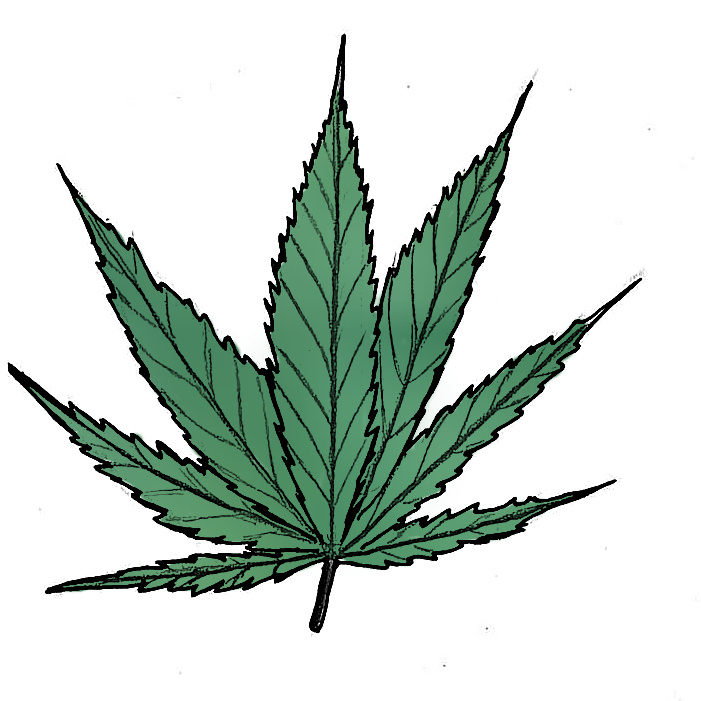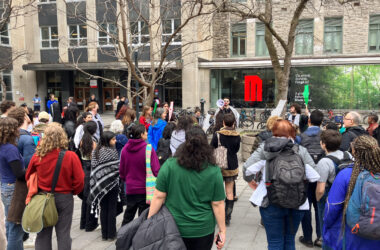In anticipation of the Canadian federal government’s plan to vote on Bill C-45, which would legalize the sale and recreational use of cannabis, the Faculty of Agricultural and Environmental Sciences and the School of Continuing Studies will offer two full-day workshops on medical cannabis production on May 1 and 2. The workshops will take place at McGill’s MacDonald Campus, and will focus on extraction technologies, separation and identification techniques, and the environmental factors that impact the cannabis growth cycle.
According to Varoujan Yaylayan, Chair of the Departmental of Food Science and Agricultural Chemistry, the workshops are essential for students hoping to work in the expanding medical cannabis industry.
“The information will be useful as a general background for those who already have practical know-how in the field of natural product chemistry,” Yaylayan said. “There are no plans for workshops on social, legal or recreational aspects of cannabis.”
Many other Canadian post-secondary institutions intend to adopt cannabis-related curricular programs, including Durham College, New Brunswick Community College, Niagara College, and Kwantlen Polytechnic University. While McGill will be focusing on the technical aspects of industrial cannabis growth, other schools will focus on training participants to apply their prior education to the cannabis industry and to destigmatize the use of the drug.
Debbie Johnston, dean of the School of Continuing Education at Durham College, has seen firsthand how applicable the college’s workshops are for students going into the cannabis industry.
“There is currently a particularly strong demand for quality assurance and quality control experts [in the cannabis industry], as well as for horticulturalists,” Johnston said. “[Licensed producers] are looking for individuals who not only have a core area of expertise, such as accounting, but who also have at least a basic understanding of the cannabis industry. This is what Durham’s two-day course is designed to provide.”
According to Johnston, education plays a pivotal role in normalizing cannabis use.
“Social stigmas often arise from misunderstanding or lack of information,” Johnston said. “To overcome the stigma that surrounds cannabis, education based on accurate facts is key. Legal limitations to date have restricted how much research could be conducted. As more and more research becomes available, education will expand.”
Minister of Health Ginette Petitpas Taylor estimates that if the bill passes, provinces may need up to 12 weeks to prepare for retail sales. The legalization of cannabis could be finalized in August at the very earliest, though some estimate that it could take until October.
McGill has not yet released an official cannabis policy, but according to Doug Sweet, director of Internal Communications, McGill’s new smoking policy, which includes plans to enforce a smoking ban on McGill campuses, will extend to cannabis use.
“The government’s proposed legislation, introduced last November, would ban smoking marijuana on all university and school campuses across Quebec,” Sweet said. “McGill is waiting to see if the final version of the Quebec government’s legislation will require any tweaking of our present policy, or whether the campus bans will remain in that final version.”
McGill’s smoking ban will go into effect on May 1, with the goal of making campus entirely smoke-free by 2023.









